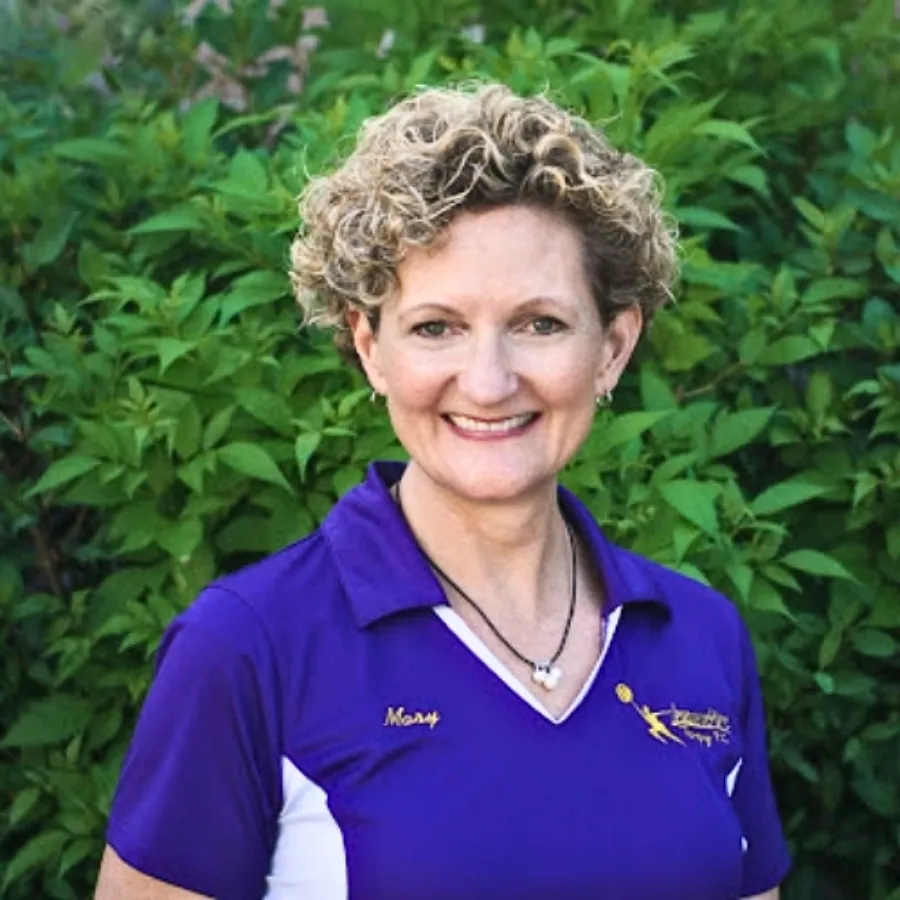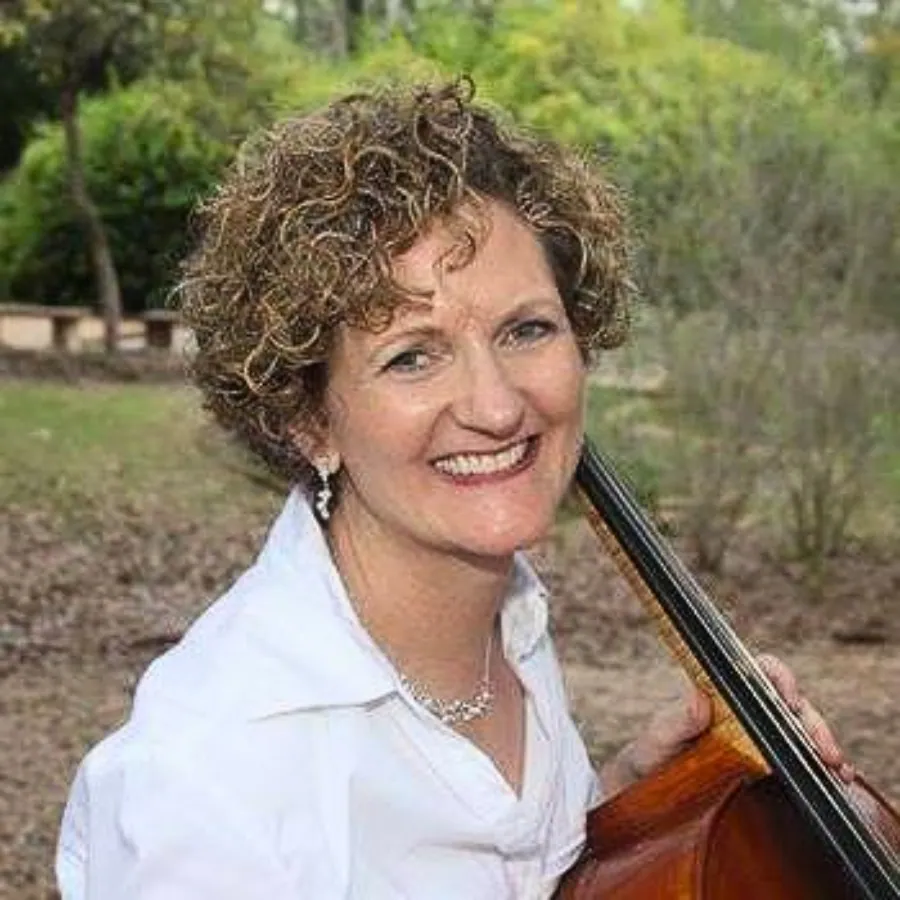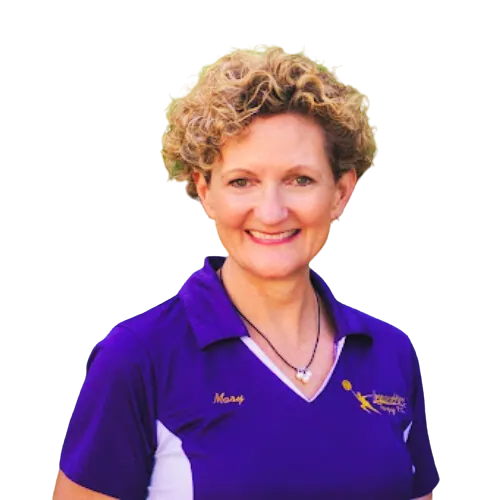Expert Physical Therapy for Shoulder Replacement Recovery in Dallas
- 30 Years Of Experience
- Next Day Appointments Are Available



Are you struggling with:
- Limited Shoulder Movement: Is it difficult to reach overhead, behind your back, or perform simple tasks due to restricted shoulder mobility?
- Persistent Shoulder Pain: Are you experiencing ongoing pain in your shoulder, even after rest or medication?
- Weakness in Your Arm: Do you feel a lack of strength in your arm, making it hard to lift objects or perform daily activities?
- Joint Stiffness: Is your shoulder joint stiff, especially in the morning or after periods of inactivity?
- Post-Surgical Recovery: Have you recently undergone shoulder replacement surgery and seek effective rehabilitation?
- Fear of Re-injury: Are you hesitant to use your shoulder or engage in physical activity due to fear of causing further damage?
Thousands of patients ❤️ Innovative Therapy PC
Outstanding gifting in the area of healing and wellness. Most places get you in and out, as if checking a box, but you have to keep going back forever because the root cause does not seem to get fixed. Well, Mary has a remarkable gifting that allows her somehow to figure out what is really going on, and she gets results, Thank goodness for people like this!mattis, pulvinar dapibus leo.
Truly innovative physical therapy. Mary can take someone who has been told they simply have to live with the pain and help them reconnect to their body so that they can get back to living life with less or even no pain. Each person really is treated as a unique individual and has specific processes and methods devised for them so that their results are simply astonishing.
Mary is the first occupational therapist who has ever told me where it hurt rather than asking me. She knew the exact places on my body that were injured as a result of my accident. I was only aware of one problem area, but she was able to help me understand how the body functions as a whole. That’s also the approach she uses toward helping the body heal. She is a natural. Her method is extremely effective.





Shoulder Replacement Physical Therapy Dallas, TX
At Innovative Therapy PC, we understand the importance of effective rehabilitation following shoulder replacement surgery. Our team of experienced physical therapists is well-versed in the latest techniques and modalities to facilitate optimal recovery and ensure a successful outcome. Whether you’ve undergone total shoulder replacement or reverse total shoulder arthroplasty, we have the expertise and resources to support you throughout your rehabilitation journey.
Next Day Appointments Are Available
Get matched with a therapist
Work with the same physical therapist who’s an expert in your condition for every appointment.
Receive care on your time
Your therapist will deliver PT in person, at your home or work, so getting care is safe and convenient.
Heal faster with Mary
In between sessions, your therapist can prescribe in 1v1 sessions, exercises and answer any questions in the sessions.
What Clients Say
Reason We’re #1 Physical Therapy Clinic in Dallas
Why Choose Us?
Specialized Expertise
Our physical therapists have specialized training and experience in post-shoulder replacement rehabilitation, ensuring you receive the highest level of care.
Customized Treatment Plans
We understand that each patient’s journey is unique. Our therapists create personalized treatment plans tailored to your needs and recovery goals.
Advanced Techniques
We utilize the latest evidence-based techniques and technologies to enhance recovery, reduce pain, and improve function.
Comprehensive Care
From pain management to strength training and functional activities, we offer a holistic approach to your rehabilitation, addressing all aspects of your recovery.
Patient-Centered Approach
Your well-being is our top priority. We provide a supportive and encouraging environment, focusing on your comfort and progress throughout rehabilitation.
Use insurance or pay a flat fee
No matter how you pay for treatment, there’s no prescription required to start.

Commercial insurance
Same co-pay
You’ll pay the same that you would pay to visit a clinic, not a penny more. We accept all major insurances and Medicare.

Medicare
$0 per visit
Most Medicare plans with a secondary cover your entire cost. You’ll pay nothing to Innovative Therapy PC.

Self-pay
$140 per visit
You won’t be charged until after your visit is completed.
#1 Best Physical Therapist for Separated Shoulder PT
If you’ve experienced a separated shoulder, you need the expertise of the #1 best physical therapist in Dallas, TX. At Innovative Therapy PC, our skilled therapists specialize in providing comprehensive treatment for separated shoulder injuries. We work closely with each patient to develop personalized rehabilitation plans aimed at reducing pain, restoring range of motion, and improving strength and stability in the shoulder joint.
Why Physical Therapy is Necessary After Shoulder Replacement?
Pain Management
Physical therapy helps manage post-operative pain and reduces inflammation, making recovery more comfortable.
Restoring Range of Motion
After surgery, the shoulder may become stiff. Physical therapy involves gentle stretching and mobility exercises to restore range of motion gradually.
Rebuilding Strength
The muscles around the shoulder may weaken due to surgery and lack of use. Physical therapy includes strength-building exercises to support the new joint and restore function.
Improving Functionality
Physical therapy focuses on functional training to help patients regain the ability to perform daily activities, such as dressing, reaching, and lifting.
Preventing Complications
Proper rehabilitation helps prevent complications such as frozen shoulder (adhesive capsulitis) and ensures the longevity of the shoulder replacement.
Enhancing Recovery
Physical therapy accelerates the healing process, enabling patients to return to normal activities and lifestyles more quickly.
FAQs
How long is physical therapy after shoulder replacement?
The duration of physical therapy after shoulder replacement surgery varies depending on factors such as the type of procedure, individual healing rates, and the specific goals of rehabilitation. Typically, patients can expect to undergo several weeks to several months of physical therapy sessions. The initial phase of therapy focuses on reducing pain and inflammation, gradually progressing to exercises aimed at restoring range of motion and strength in the shoulder joint. Your therapist will work closely with you to monitor your progress and adjust your treatment plan as needed, ensuring a safe and effective recovery process.
What is the best exercise for shoulder replacement?
The best exercises for shoulder replacement patients are those that promote mobility, strength, and stability in the shoulder joint without causing undue stress or discomfort. Gentle range of motion exercises, such as pendulum swings and passive stretching, are often recommended to improve flexibility and prevent stiffness. As your shoulder heals, your physical therapist may introduce exercises to strengthen the muscles surrounding the shoulder, including shoulder presses, rows, and rotator cuff exercises. It’s essential to perform these exercises under the guidance of a qualified therapist to ensure proper technique and avoid exacerbating any existing issues.
What kind of physical therapy do you do after shoulder surgery?
After shoulder surgery, physical therapy typically focuses on restoring range of motion, strength, and function in the shoulder joint while minimizing pain and complications. Common interventions include gentle range of motion exercises, passive stretching, strengthening exercises targeting the muscles around the shoulder, manual therapy techniques, and modalities such as heat or ice therapy to manage pain and inflammation. Your physical therapist will develop a personalized treatment plan based on your specific needs and goals, guiding you through each step of the rehabilitation process to optimize your recovery.
How many weeks of PT after shoulder surgery?
The duration of physical therapy after shoulder surgery varies depending on factors such as the type of procedure performed, individual healing rates, and the specific goals of rehabilitation. Typically, patients can expect to undergo several weeks to several months of physical therapy sessions. Consistent attendance and adherence to your therapist’s recommendations are crucial for achieving the best possible outcomes.
What happens if you don't do PT after shoulder surgery?
Skipping physical therapy after shoulder surgery can have negative consequences on your recovery and long-term shoulder function. Without proper rehabilitation, you may experience prolonged pain, stiffness, and weakness in the shoulder joint, which can significantly impact your ability to perform daily activities and participate in recreational or occupational tasks. Additionally, neglecting physical therapy increases the risk of complications such as frozen shoulder or improper healing of the surgical site. It’s essential to prioritize your rehabilitation and follow your therapist’s recommendations to ensure a successful recovery and optimal shoulder function.
How painful is physical therapy after shoulder surgery?
The level of pain experienced during physical therapy after shoulder surgery can vary depending on factors such as the individual’s pain tolerance, the type of procedure performed, and the specific exercises and techniques used during therapy. While some discomfort and soreness are normal as you work to regain strength and mobility in the shoulder joint, physical therapy should not be excessively painful. Your therapist will work with you to monitor your pain levels and adjust your treatment plan as needed to ensure a safe and tolerable rehabilitation process.
When to start PT after shoulder replacement?
The timing of starting physical therapy after shoulder replacement surgery varies depending on factors such as the type of procedure performed, surgeon recommendations, and individual healing rates. In general, patients typically begin physical therapy within a few days to a week after surgery. Starting therapy early helps prevent stiffness and promotes proper healing of the shoulder joint. Your surgeon and physical therapist will work together to determine the appropriate timing for starting therapy based on your specific circumstances and medical history. It’s essential to follow their guidance closely to ensure a successful recovery.

